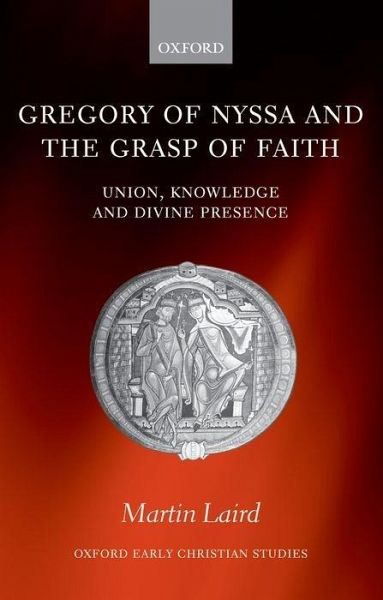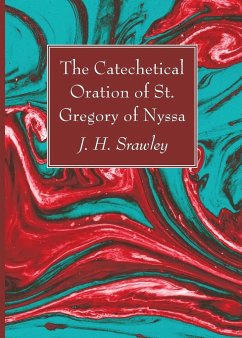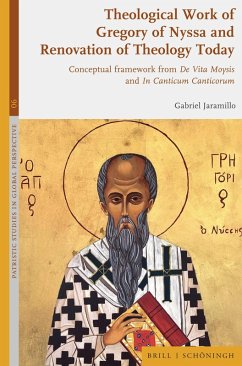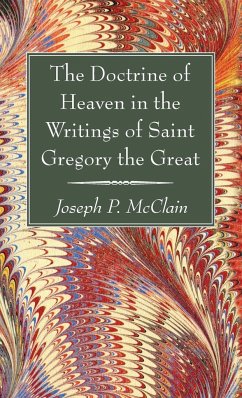
Gregory of Nyssa and the Grasp of Faith
Union, Knowledge, and Divine Presence

PAYBACK Punkte
104 °P sammeln!
While Gregorian faith serves as the faculty of apophatic union with God, faith yet gives something to mind. This dimension of Gregory's apophaticism has gone largely unnoticed by scholars. At the apex of an apophatic ascent, faith unites with God the Word; by virtue of this union the believer takes on the qualities of the Word, who speaks (logophasis) in the deeds and discourse of the believer. Finally, this study redresses how Gregory has been identified with a 'mysticism of darkness' and argues that he proposes no less a 'mysticism of light'.
The first in-depth study of Gregory of Nyssa, this book shows how for Gregory the darkness of faith is what unites the believer with God. Through this union by faith alone, God yet speaks through the deeds and discourse of the believer. While the believer is immersed in the darkness of unknowing, they are also transformed in light. Laird alters the way in which we understand Gregory's mystical theology.














